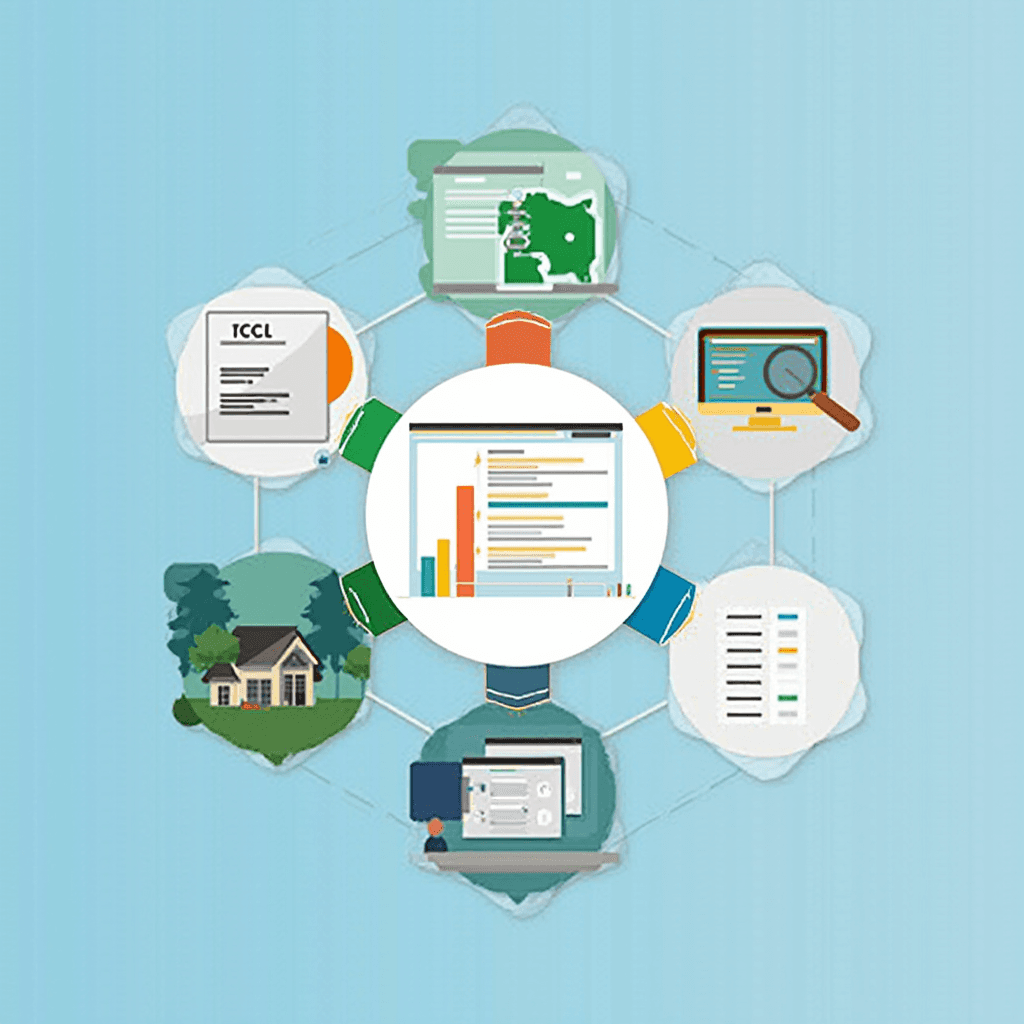
What is a Sales Qualified Lead (SQL) and Why is it Important?
Oct 15, 2024
In the world of sales and marketing, terms can sometimes get confusing. One of those important terms is Sales Qualified Lead (SQL). But what does it mean, and why is it vital for your business? Let’s break it down in simple terms.
A Sales Qualified Lead (SQL) is a potential customer who has shown interest in your product or service and meets specific criteria that indicate they are likely to make a purchase. Unlike general leads that might just be browsing or gathering information, SQLs have been evaluated and deemed ready for a conversation with your sales team.
How Do You Identify an SQL?

Identifying an SQL typically involves assessing the lead’s behavior and characteristics. Here are some key indicators:
1. Engagement: SQLs often engage with your content or services. They might attend a webinar, download a white paper, or request a demo. This indicates they are not just curious but genuinely interested.
2. Fit: The lead fits your ideal customer profile. This could mean they belong to a specific industry, company size, or location that aligns with your target audience.
3. Intent: SQLs have expressed intent to buy. They might ask specific questions about pricing, features, or implementation. This shows they are evaluating your product seriously.
4. Timing: The timing is right for them. They may have an urgent need for your solution, which makes them more likely to convert.
The Importance of SQLs in Your Sales Process
Understanding and prioritizing SQLs can significantly enhance your sales strategy. Here’s why they are essential:
1. Focus Your Efforts

By identifying SQLs, your sales team can focus on leads that are more likely to convert. This means less time spent on unqualified leads and more time spent on nurturing those who are already interested. This targeted approach can lead to higher conversion rates and improved sales performance.
2. Optimize Your Resources

Resources are often limited in any business. Focusing on SQLs allows you to allocate your sales resources more efficiently. Whether it’s time, effort, or budget, your team can invest in relationships that matter most, leading to better outcomes.
3. Increase Conversion Rates

Since SQLs are pre-qualified leads, they generally have a higher conversion rate than unqualified leads. When your team interacts with individuals who are already interested, the chances of closing a sale increase significantly.
4. Enhance Customer Relationships

When your sales team focuses on SQLs, they can build stronger relationships with potential customers. Understanding their needs and responding promptly to their inquiries can create a positive impression, increasing the likelihood of them choosing your business.
5. Improve Sales Forecasting

Having a clear understanding of your SQLs allows for better sales forecasting. When you know which leads are likely to convert, you can make more accurate predictions about future revenue, helping your business plan effectively.
Conclusion
Sales Qualified Leads are a crucial part of the sales process. By identifying and prioritizing these leads, you can focus your efforts, optimize resources, increase lead conversion rates, and build meaningful relationships with potential customers.
At SureMeet, we understand the importance of converting every prospect into a sales-qualified lead (SQL. Our seamless Calendly add-on not only manages your meetings but also ensures you focus your valuable time and resources on high-potential SQLs with a strong likelihood of closing. By charging refundable deposits for meetings, you can reduce no-shows and focus on nurturing relationships that matter.
Are you ready to simplify your scheduling and convert more leads into sales-qualified leads (SQLs)? Try SureMeet today and see how we can help you streamline your meetings and boost your sales strategy.
By focusing on SQLs and using the right strategies, you can elevate your sales efforts and drive growth for your business.
SureMeet is designed to help you target SQLs more effectively, as emphasized in our blog.